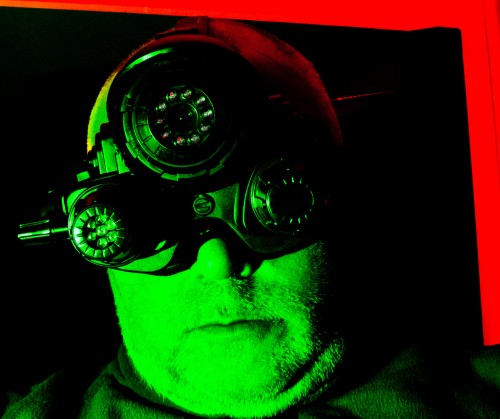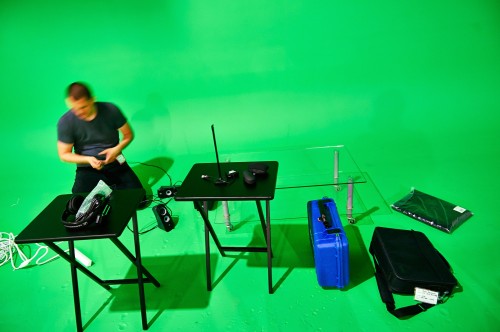
Late Monday night it was discovered that one of the EPA’s Twitter accounts was a C-list celebrity on the popular iPhone game Kim Kardashian: Hollywood. The Tweet was one of those automatically generated ones meant to announce progress in a game or the unlocking of an achievement. Its easy to imagine the scenario: an over-worked or deeply bored social media manager didn’t realize they were signed into their work account instead of their personal one and let the tweet go. Or maybe a family member borrowed their work phone. Who knows? What we do know is that the tweet immediately garnered thousands of retweets and countless more screenshots were shared on other platforms. Why is this even remotely funny? What sorts of publicly held believes does it reveal? more...









